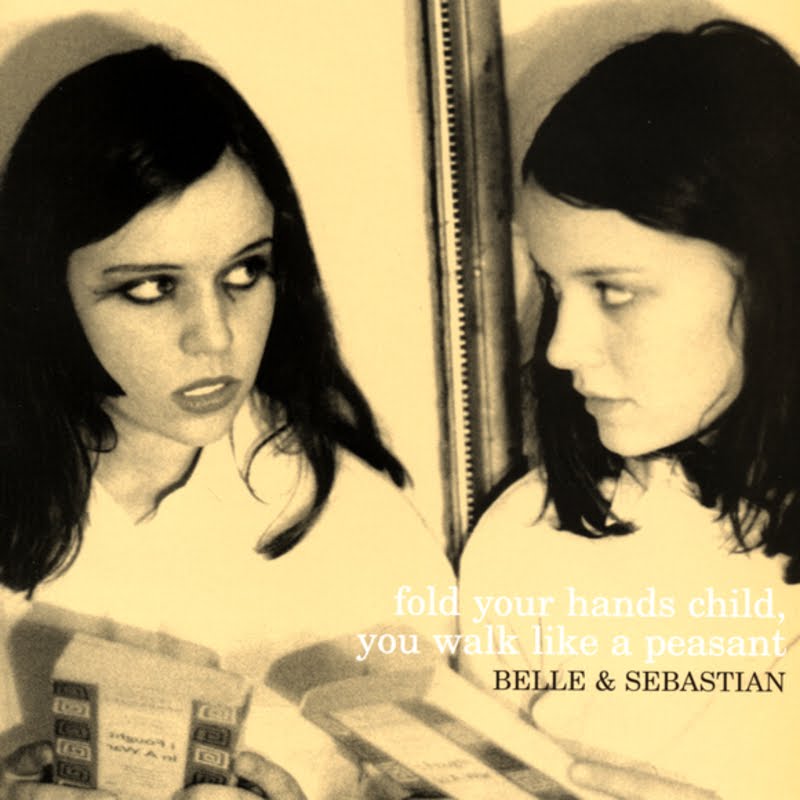
For my book Everything Changes, I interviewed a young adult cancer survivor whose body could no longer produce eggs nor carry a child. When she met her husband, he was set on having children with his genetic material. So, they found an egg donor and hired a separate woman as a surrogate who carried the children. They now have twins, the surrogate is in their lives as an aunt, and while the survivor loves her children, she still has some residual emotional challenges about how they were conceived.
What interests me as much as the decisions cancer survivors make in response to their complex family planning needs is the conversations they have both within themselves and with partners, and how they arrive at and live with their decisions.
Tim Buckland is a 26-year old, two-time testicular cancer survivor. When diagnosed, at age 18, Tim banked sperm. Unfortunately it was unviable. A year after treatment, he met a wonderful woman who became his wife. Tim writes the following about the family planning challenges they are currently facing:
“I initially dealt with infertility in an egotistical way. I naively thought that since I was the one that couldn’t have children, this was my ‘cross to bear’ and not my wife’s. It took a lot of opening up and a number of conversations before I realized that this was now our problem, not solely my own.
There are a number of options available to have children and they all come with pros and cons. We considered everything from sperm and embryo donors to open and overseas adoption. Having a conversation with my wife about sperm and embryo donation was incredibly complex. I felt an intense sense of ownership about the idea of our children: These children would not be genetically mine but they may be genetically my wife’s. We discussed being resentful that the child wasn’t genetically mine, the surgical and uncomfortable side of in vitro fertilization, and the sheer cost associated with these techniques.
Alternatively we discussed adoption, thinking this was our best bet to starting a family. We live in Alberta Canada where all adoptions are mandated open adoptions. We went to an adoption conference and were utterly crushed when we learned open adoption was much more complex than we anticipated: The birth mother, and potentially the birth family, is now a part of your life, with scheduled meetings and interactions. This tends to be best for the child as they will be able to know more about their history than in a closed adoption. However, this changes the type of undertaking you are placed into, a new child and a new extended family. When we realized open adoption might not be for us, we realized that we just might not have children. We had two days of being depressed followed by a number of long conversations about our options.
We tried to look at all the options and balance how we felt with what was best for our lives. Making this process more difficult was seeing friends, family and co-workers having children. At the end of the day we decided that we couldn’t find a suitable option and therefore are not currently pursuing children. Although it is emotionally difficult to stomach, we believe this is the best option for us; at least for the time being.”
![]()
![]()





 “Everything Changes is, without doubt, the most forthright, emotionally sophisticated, and plain-old valuable book of its kind I've seen.”
“Everything Changes is, without doubt, the most forthright, emotionally sophisticated, and plain-old valuable book of its kind I've seen.”












